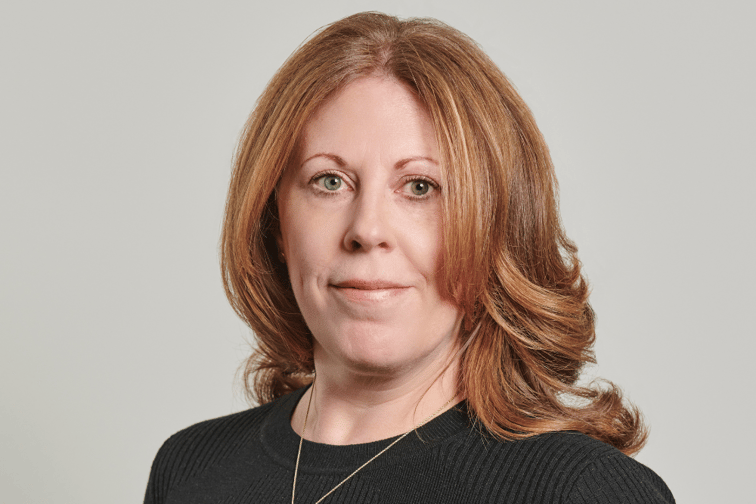

As head of exposure management at Dale Underwriting Partners (Dale), Vanessa Jones (pictured) is something of a rarity for the insurance market – an insurance professional working in the specialism that was the focus of their academic studies. With an academic background in environmental science and geophysical hazards, she was immediately drawn to the alignment offered by the exposure management world which, back in 2005, was still a very niche corner of the insurance market.
In the almost two decades since she joined the sector, Jones has seen it go from strength to strength from the vantage point offered to by a series of senior roles at various companies & Syndicates in the London market before she joined Dale 10 years ago. Back in 2005, she said, there were probably about 200 modellers in the whole London market which made the roles available very dynamic in terms of the opportunities they presented to work with a myriad of risks and exposures.
“I’ve also liked the challenge of a start-up environment, it’s got a creative nature to it that I enjoy,” she said. “And joining the market at that time, there was a lot of potential to shape the way things were done and shape the roles to fit your skillset and what you wanted to do. There were and still are a lot of opportunities in cat modelling and exposure management, on the underwriting, the model vendor and research & development sides.”
For Jones, the underwriting side of the business has always been a natural fit, offering her deep insight into how the insurance industry works and she highlighted the dynamic and fast-evolving nature of the sector as one of the key reasons she’s spent almost 20 years in the space. The risk landscape is continually shifting, she said, and with that has come tremendous opportunities for professional progression – but also to support the talent progression of the wider sector.
Looking back on what she wishes she had known about progressing in the exposure management market before joining, Jones shared three key pieces of advice for those young professionals looking to carve out fruitful and meaningful careers. First of all, she said, it’s critical to know your value and to focus on what you’re good at and what you can deliver, rather than just focusing on areas for improvement. This is particularly relevant for young women looking to join the sector because there is a tendency among women to zero in on their weaknesses rather than their strengths.
“I think as women, we need to work on that,” she said. “Certainly, I’ve found that when I put away the list of things I’m not very good at and just focus on my good attributes, life gets easier and work gets easier. So, you have to ask, ‘what can I deliver? What can I do for you?’
“When I first came to Dale, I worked as a consultant and that experience working with somebody as a client rather than as a boss really changed the nature of how I work with my colleagues. I tend to see them more as clients now and to think about what they need, what I need, and how we can meet in the middle. I think that’s a much healthier mindset and it was a real turning point for me and my confidence in what I could achieve at work.”
Jones noted that her second piece of advice is really relevant to any young person considering a career in exposure management - “try and focus on the long game of your career”. When starting out in the industry, she said, you need to think about your career as a whole in terms of what you want to achieve and how you’re going to achieve. This means having clear metrics for success and not falling into the trap of trying to “have it all”.
“It’s probably particularly true for women but the drive for career success for its own sake is, I think, a really outdated and exhausting ideal,” she said. “It exhausts me and I’ve tried to get away from it. So, I think that a long-term plan is really important and that’s not just a plan for career goals but a financial plan too.
“I’m always surprised when I talk to someone who doesn’t have a longer-term financial plan in place for if they decide to take a career break for any reason, or to take early retirement, or just find a better work-life balance. You have to do some planning because careers are just one bit of your life while ultimately, so many decisions are driven by financial elements.”
Last but certainly not least, Jones said she would advise anybody starting out in their careers to actively work to build a network of people from all across the market. Linked with that, she championed the value of gaining professional qualifications as early on in a career as possible. They’re well worth doing, she said, and worth doing while you still have plenty of energy and time at your disposal.
“Not only do qualifications help you better understand the sector but also the career paths open to you and they are a great way to build a high-quality network,” she said. “I think that can also help insulate you from potential shocks later on in your career. If you’ve got a big network of contacts to reach out to if you want or need to change your role, that can really help open up opportunities. So those would be my three key pieces of advice for anybody starting out in the exposure management world today.”
